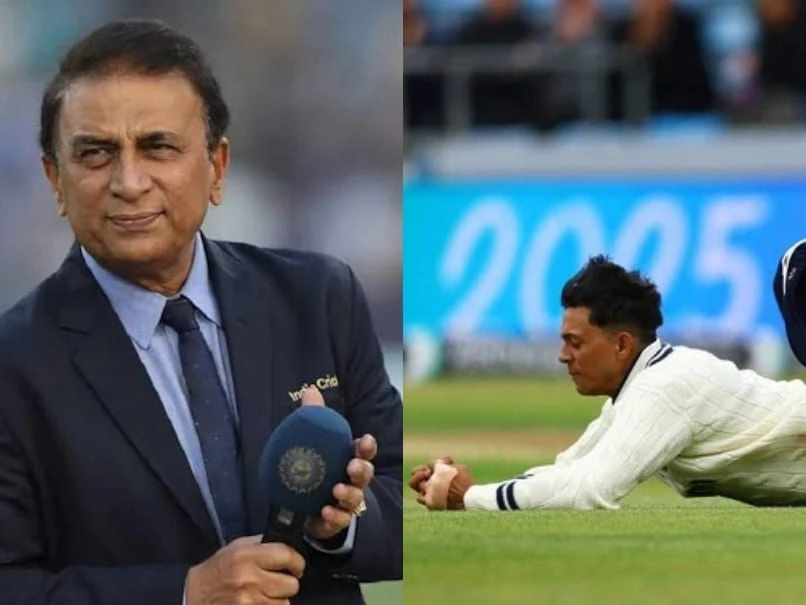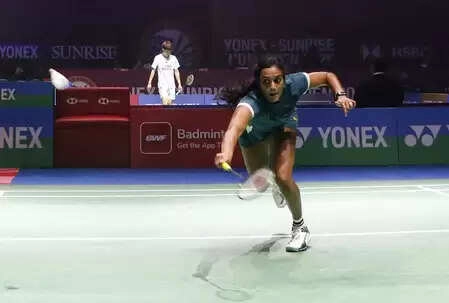Recently, cricket legend Sunil Gavaskar expressed his disappointment with young batsman Yashasvi Jaiswal’s performance, which sparked a wave of reactions. Gavaskar’s critique pointed to specific areas in Jaiswal’s game that he believes require improvement, emphasizing the importance of consistency and maturity for a player at this level. Gavaskar, known for his insightful analysis, has always been vocal about the expectations placed on young talents, urging them to rise to the occasion and deliver performances that match their potential.
In response to Gavaskar’s comments, many have come to Jaiswal’s defense, arguing that criticism from former players can sometimes overlook the immense pressure these young athletes face. One notable retort suggested that it is “easy to sit and criticize” from the sidelines, highlighting the challenges of performing under the scrutiny of fans and experts alike. This perspective invites a broader conversation about the balance between constructive criticism and the pressures faced by emerging cricketers, especially in a sport as intensely followed as cricket.
The dialogue surrounding Jaiswal’s performance reflects a larger trend in sports where the transition from promising talent to established player can be fraught with obstacles. Critics often focus on the results without considering the myriad factors that contribute to a player’s form, including mental health, external pressures, and the learning curve associated with competing at higher levels. While Gavaskar’s comments were intended to motivate, they also serve as a reminder of the dual nature of sports commentary—where encouragement and critique must coexist to foster growth in athletes like Jaiswal.
As Jaiswal continues to develop his game, it will be crucial for him to filter the noise from the outside world while also acknowledging the valuable insights shared by seasoned players like Gavaskar. The journey to becoming a top-tier cricketer is rarely straightforward, and the ability to respond to criticism constructively can make all the difference. Ultimately, both fans and analysts must recognize the pressures young athletes endure and support their growth with a balanced perspective that encourages improvement while understanding the complexities of the sport.




